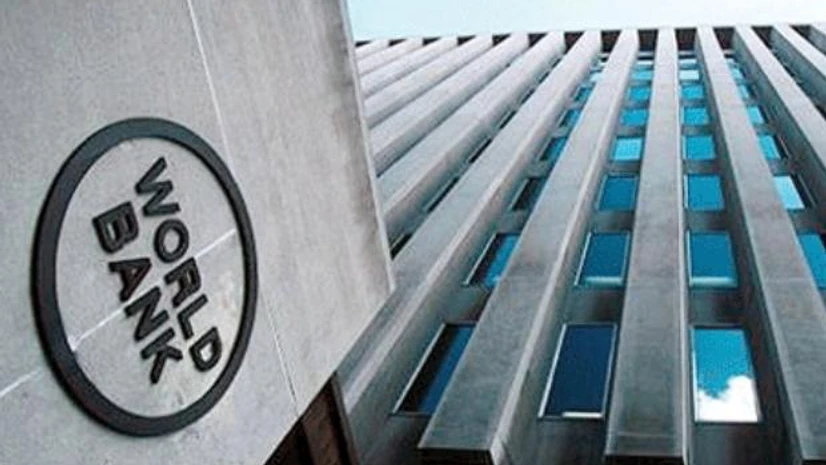The World Bank has announced a $93 billion replenishment package of the International Development Association (IDA) to help the poorest countries respond to the raging Coronavirus (Covid-19) crisis and boost economic growth.
The World Bank's IDA, established in 1960, helps the world's poorest countries by providing grants and low to zero-interest loans for projects and programs that boost economic growth, reduce poverty, and improve poor people's lives, reports Xinhua news agency.
IDA's 19th funding cycle kicked off in July 2020, and a record replenishment of $82 billion was originally expected to finance projects over the three-year period ending June 30, 2023, according to the multilateral lender. The replenishment was advanced by one year due to scaled up pandemic response.
The latest financing pledge brings together $23.5 billion of contributions from 48 high- and middle-income countries with financing raised in the capital markets, repayments, and the World Bank's own contributions.
The financing package, agreed over a two-day virtual meeting hosted by Japan, is the largest mobilised in IDA's 61-year history, according to the World Bank.
"Today's generous commitment by our partners is a critical step toward supporting poor countries in their efforts to recover from the Covid-19 crisis," said World Bank Group President David Malpass on Wednesday.
More From This Section
Malpass noted that IDA countries are lagging in Covid-19 vaccinations and economic recovery.
"We have seen that the recovery has been dramatically uneven, with per capita income in advanced economies growing at 5 per cent compared to only 0.5 per cent in low-income countries," he said.
The funds will be delivered to the world's 74 poorest countries under the 20th replenishment (IDA20) program, which focuses on helping countries recover from the impacts of the Covid-19 crisis, according to the bank.
In these countries, the ongoing pandemic is worsening poverty, undermining growth, and jeopardising the prospects of a resilient and inclusive development, the World Bank noted, adding that countries are struggling with falling government revenues; increasing debt vulnerabilities; rising risks to fragility, conflict, and instability; and dropping literacy rates.
To help countries build back greener, a substantial portion of these funds go to tackling climate change, with a focus on helping countries to adapt to rising climate impacts and preserve biodiversity, the multilateral lender added.
--IANS
ksk/
(Only the headline and picture of this report may have been reworked by the Business Standard staff; the rest of the content is auto-generated from a syndicated feed.)

)
